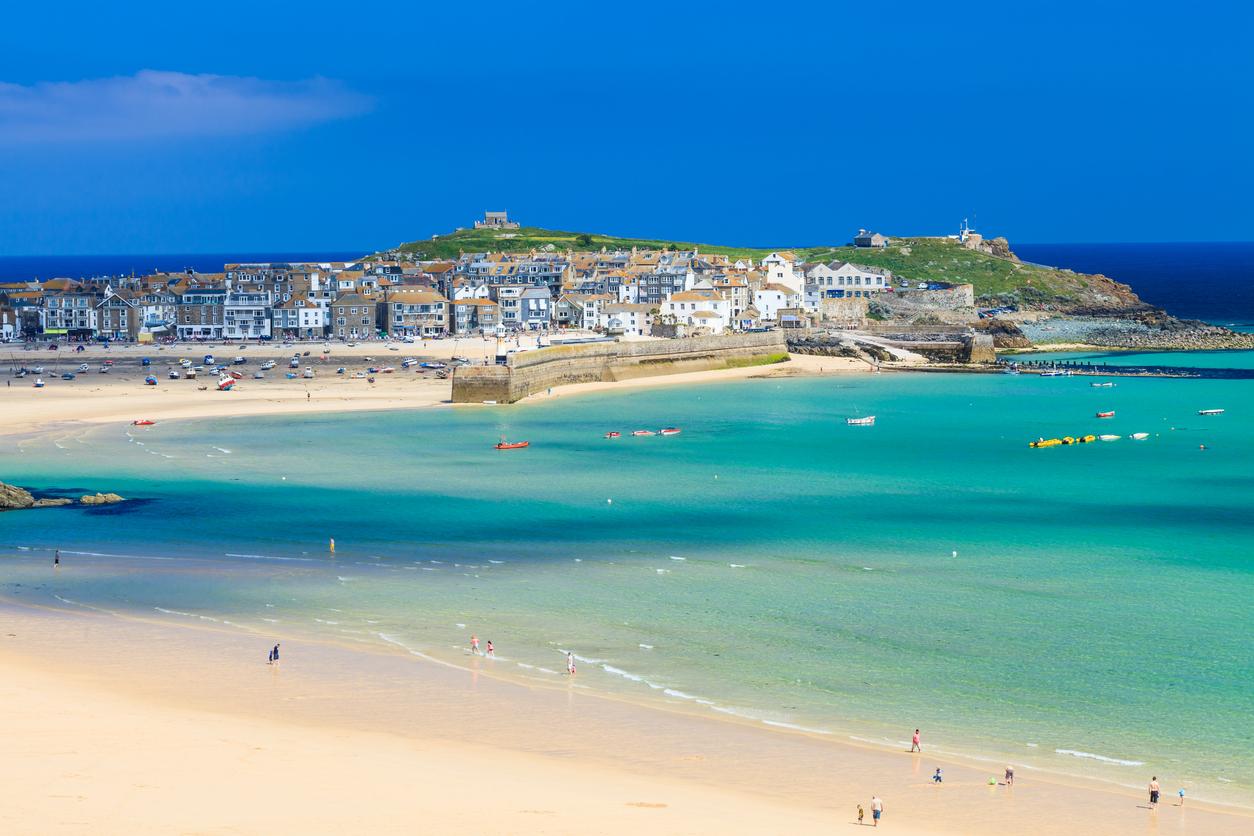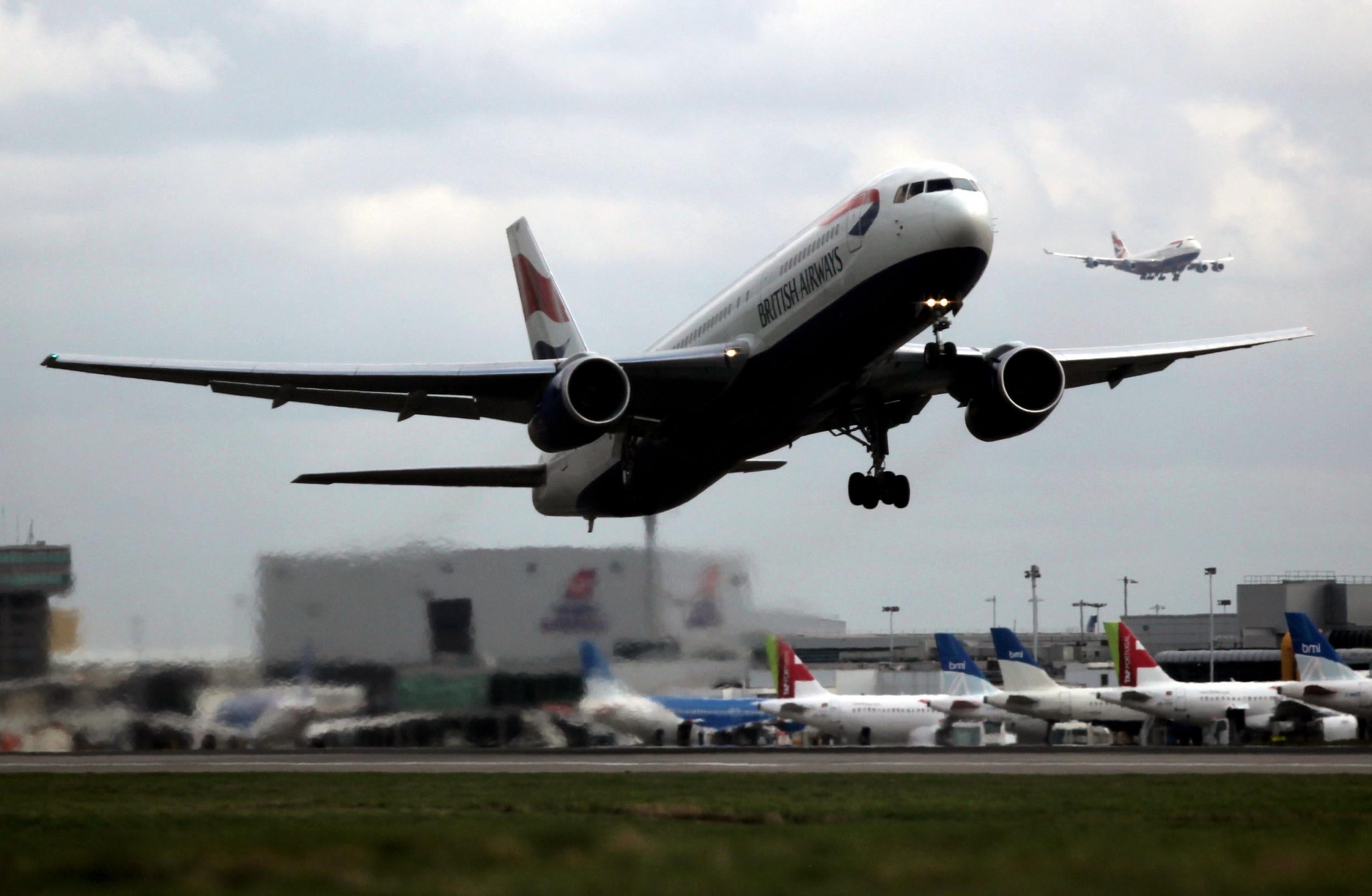My trip has been cancelled – why am I not getting a full refund back?
Simon Calder answers your on questions lockdown restrictions, getting your money back and the risk of future travel


Q Our trip has been cancelled due to coronavirus. Trailfinders have been excellent in sorting out a new date. However the travel insurance company are only offering us 50 per cent of the policy fee back as it’s gone past the 14-day cooling-off period since taking the policy out. As we took out the policy some time ago this seems really unfair. Are they acting fairly?
David B
A First, I am delighted that you have a new trip booked; in these difficult days, we all need something to look forward to. At a time when the travel industry is in turmoil and many firms are finding it extremely difficult to provide satisfactory service, Trailfinders is one of the companies about which I have heard more positive stories than negative.
Next, I would like the details of your travel insurer. That is not because I wish to challenge the company over your cancellation issue, but to congratulate the firm on its customer-friendly stance.
The holiday was cancelled. It was clearly not feasible to set up an alternative trip over the same dates. So I have some sympathy with the notion that the travel insurance was a worthless purchase, leading you to anticipate a full refund.
Unfortunately, you have already derived benefit from the policy, even if you were unaware of it. As you say, you took the insurance out some time ago. Suppose events had turned out differently: the holiday had gone ahead but for some reason, you were unable to travel. One important aspect of the insurance was covering the risk of you having to cancel.
The fact that you did not need to claim is irrelevant. Were it otherwise, everyone who returned from a trouble-free trip would be able to ask for their premium back from the insurer, on the grounds that it turned out to be an unnecessary expense.
So in my estimation, the travel insurance company has done you a favour by offering you half of the premium back. I imagine it has done so in recognition of not having to cover you while away on your sadly cancelled trip. I trust you will be taking out insurance on the next trip with the same firm

Q Why doesn’t the government make it easier for the tourist industry and give a date for when we can all fly again? It would give everyone clarity and hopefully limit the continuous emails and calls to the travel companies.
Collette F
A Your proposal has considerable merit. At a time of immense uncertainty, stress and anxiety for both prospective holidaymakers and the travel industry, a target date issued by the Foreign Office for travel abroad would bring many benefits to firms and individuals.
At present, the government warns against all but essential travel abroad “indefinitely”. Everyone in the travel industry was expecting the foreign secretary to extend the warning from the original end date of 16 April – perhaps to the end of May.
An announcement like that would mean everyone with trips before June would know for certain that their trips would not go ahead, and people with outstanding balances for such holidays would not need to pay for trips that were not going to happen. It would (hopefully) also mean that holidaymakers from 1 June onwards would stop asking for refunds.
But no one thought Dominic Raab would choose instead to say, effectively, “don’t leave the country until further notice”.
The government believes this is the best choice because there are so many uncertainties overseas, particularly about airport closures and local lockdowns. With nearly 100 repatriation flights already laid on by the Foreign Office, the last thing consular staff need is a larger cohort of travellers abroad. So a general warning, they say, makes sense – and calling it “indefinite” is a reasonable reflection of an unprecedented and unpredictable situation.
However, as countries begin to open up, that position will become untenable. I foresee a slow reversal of the original sequence of warnings, which began with China and then expanded to certain parts of Italy and South Korea.
I am recommending to the Foreign Office that initially they separate out the European Union from the rest of the world – and write individual warnings for each EU country depending on the latest announcements by national governments. This would allow a much closer focus on our key holiday destinations – Spain, Portugal, France, Italy, Greece, Croatia, Malta, Cyprus particularly – hopefully with some actual dates included.

Q We are a couple in our seventies with holidays booked to India in September and Australia and New Zealand in January. We are worried that the virus will lead to problems with the trips themselves or a situation where they proceed but lockdown limits on over-70s prevent our travel.
In the latter scenario presumably we couldn’t get our monies back?
Richard M
A Hundreds of thousands of older travellers are in the same position as you, facing immense uncertainty about what the rest of the year might hold in terms of further developments in the coronavirus pandemic.
Taking a step back: I believe that all these destinations will be open for tourism by the time you plan to go there (Australia and New Zealand are likely to be slower than India, because they have managed Covid-19 very well and do not want to take risks).
If I am wrong and either or both is cancelled, then it is a simple matter of claiming your money back under the Package Travel Regulations.
If either or both goes ahead, you will need to take a view on the possible risks much nearer the time.
With over four months to run before your Indian trip, I can confidently predict there will be many developments – I just don’t know what they will be. Were the government to warn against over-70s going abroad, then you can reasonably ask your tour operator for a refund. But that would turn on interpretations of a clause in the Package Travel Regulations. Were it to go against you, then travel insurance would be the next remedy to consider.
If, though, you are cleared to go but your main concern is the risk of being caught on the “wrong” side of a lockdown rule, I would not fret unduly. The main reason so many British travellers found themselves stuck was because the “come home” call from the UK government did not happen until 23 March, by which time a generalised shutdown had begun. If you are prepared to abandon the trip if a coronavirus upsurge and lockdown looks likely, you should be able to find a plane home.
Finally, I’m interested that you have already booked your India trip. My reading is that the e-visa cannot be issued more than three months in advance, and I would not recommend anyone booking to India without the necessary document.
Join our commenting forum
Join thought-provoking conversations, follow other Independent readers and see their replies
Comments